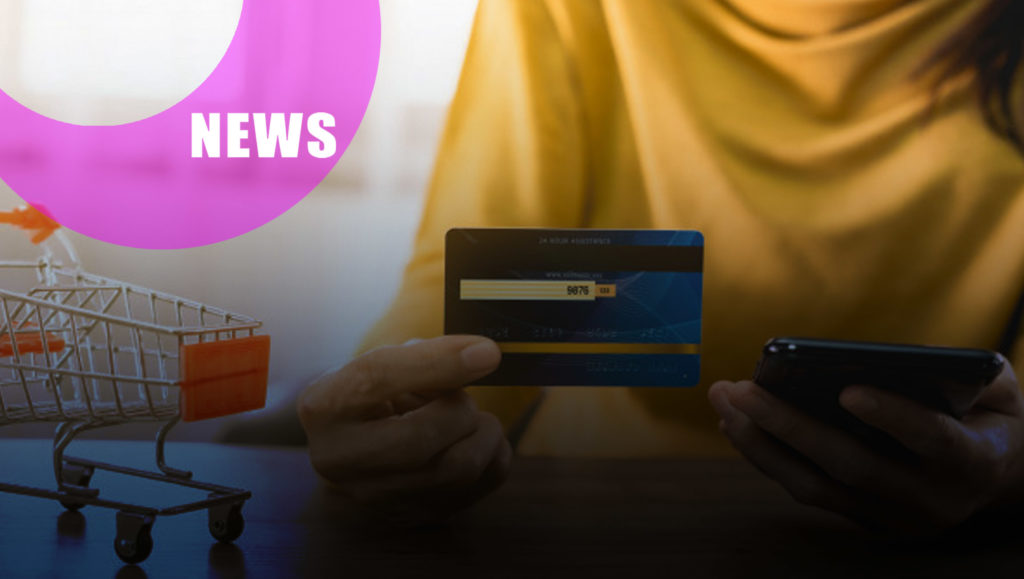MSL, Publicis Groupe’s leading global public relations and influencer marketing agency, made four measurable commitments to address the lack of diversity and other inequalities affecting influencers who are Black, Indigenous and People of Color (BIPOC) by the end of 2020. Through its proprietary influencer marketing platform Fluency, MSL has embraced human intelligence, machine learning and a scalable tech stack to create the most sophisticated influencer engagement and management platform in the world. MSL is now using that platform to implement diversity, inclusion and equal pay measures to create a more diverse and inclusive industry.
Read More: Mi9 Retail Launches ThryveAI
Influencers are among the most visible, creative and impactful media platforms today. The influencer marketing industry is projected to be valued at $15 billion by 20221 cementing its place as a core communications channel for brands. With the most expansive database of influencers in the United States and most sophisticated influencer management and engagement platform, MSL, through Fluency, is in a unique position to take tangible and measurable steps towards improving diversity, inclusion and equity in the influencer marketing industry at large.
Read More: How SMS Can Elevate Your Marketing Programs
“We believe it is our responsibility to do everything in our power to make Fluency the most inclusive, diverse, fair and transparent influencer marketing platform in the industry,” said Bryan Pedersen, Chief Innovation Officer at MSL. “We want to lift up influencers of color because not only is it the right thing to do, it is also what is best for brands as consumers expect better representation and voices resembling their own.”
Creating and promoting more diverse influencers presents an opportunity for brands to reach new audiences. A survey2 by Influencer Marketing Hub found that 82% of consumers would take the recommendation of an influencer. But a lack of diversity within influencer platforms means companies are missing large potential audiences. A 2018 Nielsen report3 states African Americans make up 14% of the U.S. population with a spending power of $1.54 trillion and are 44% more likely than white peers to engage with brands or support them in social media.
Read More: Baidu Tops China’s AI Public Cloud Services Market, According To IDC Report















